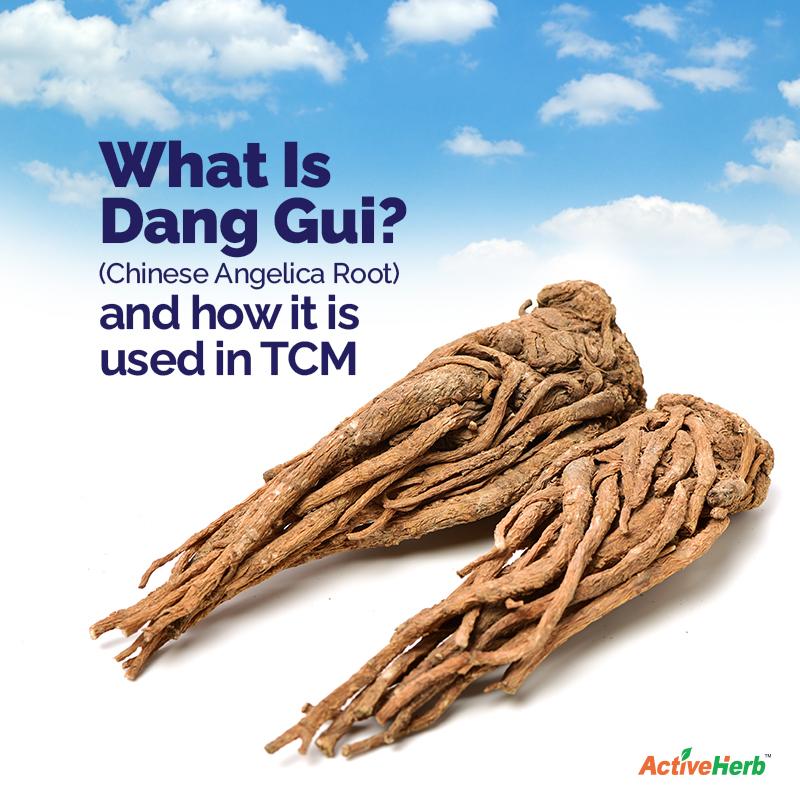In Need of an Emotional Tune-Up? Use TCM To Balance Your Liver

What’s the most important organ? Of course, all of them are vital for optimal health. But if you had to name one organ you couldn’t do without–besides the obvious choices of brain and heart–what would it be?
In western anatomy, the liver performs more vital functions than any other organ: at least 500. According to traditional Chinese medicine (TCM) theory, the Liver—capitalized to distinguish it from the western physical organ—also plays several critical functions. Perhaps not 500, but nonetheless, the health of your Liver dictates your emotional well-being as well as the flow of your Blood and Qi (energy).
This year has been very taxing for many a Liver. Stress, nervousness, anxiousness, frustration, irritability and anger unfortunately seem to be amplified in 2020.
TCM may be able to help by restoring balance to your Liver (the TCM theoretical organ system, not the physical organ), which is the seat of all emotions, according to TCM theory.
What Does Liver Do In TCM?
One of the most important functions Liver performs is storing the Blood. In Western physiology, we think of the heart as the main driver of cardiovascular function. But in TCM, it’s Liver that directs Blood to the muscles. When you sleep, rest and digest, Blood returns to the Liver.
If Qi energy becomes stagnant in the Liver or excess heat or dampness accumulates, emotional disturbances can manifest. Any organ can experience one of these imbalances, and all organs have a normal flow of Qi. For example, the Spleen sends Qi upwards while Stomach sends it downwards. But here’s what makes Liver unique: Being the general that it is, Liver directs Qi in all directions and oversees other organs’ directional flow of Qi.
So what happens if there’s a lack of smooth flow of Stomach and Spleen qi? Just as there’s a connection between bile and the liver in western anatomy (the greenish, fat-dissolving substance is made in the liver), in TCM, stagnant Liver Qi results in poor bile flow. Stomach and Spleen function become compromised, resulting in belching, reflux, chest tightness and other unpleasant symptoms associated with poor digestion.
Emotionally, stagnant Qi will result in disharmony of the spirit and uneasiness of the mind. And when stress persists unabated, hyperactive Liver Yang manifests, which causes restlessness of the mind as well as the physical symptoms of sleeplessness and dizziness.
Support Digestion & Emotional Wellness The Easy Way
If you’re feeling burnt out, on edge and running on fumes, you probably have Liver Qi stagnation. This is one of the most common imbalances in TCM. Liver Qi stagnation occurs because anxiousness and stress hinder Qi movement in the Liver system. You can think of Liver Qi stagnation as a series of kinks in a garden hose. Of any organ system, Liver is perhaps the most vulnerable organ to the impacts of stress. In fact, the Liver is the first organ that accumulates Qi stagnation in the body.
What, then, can be done about Liver Qi stagnation? Sure, you can—and should—practice daily stress-management techniques such as Tai Chi, meditation, yoga, etc. There’s also an easy way to disperse Liver Qi stagnation: LiverVive.
LiverVive combines two famous TCM formulas: Si Jun Zi Tang, which is a Qi tonic and strengthens the Spleen and supports digestion; and Si Ni San, which disperses stagnant Liver Qi. Essentially, LiverVive is a nutritional supplement that supports liver and digestive function (when such systems are already functioning normally), as well as a TCM formula that resolves Liver Qi stagnation.
If you have an iron stomach and your digestion isn’t the problem, try EaseTonic. It’s one of the most frequently prescribed TCM formulas for Liver Qi stagnation that’s caused by stressful lifestyles.
A Holistic Approach To Liver Health
We impatient, overworked, stressed-out, busy Americans seek out quick fixes to problems. However, rebalancing Liver function requires patience and a multi-pronged approach. Our Liver Health formulas such as LiverVive, may help disperse stagnant Liver Qi.
And for best results, don’t forget your daily stress-management practice, and consider the following tips:
- Avoid excessive alcohol consumption.
- Don’t overeat.
- Limit intake of added sugars and fried foods.
- Laugh and smile more often.
- Limit your consumption of news, social media, and violent movies and TV shows.
By following these tips every day, you’ll hopefully feel more balanced in the near future.






